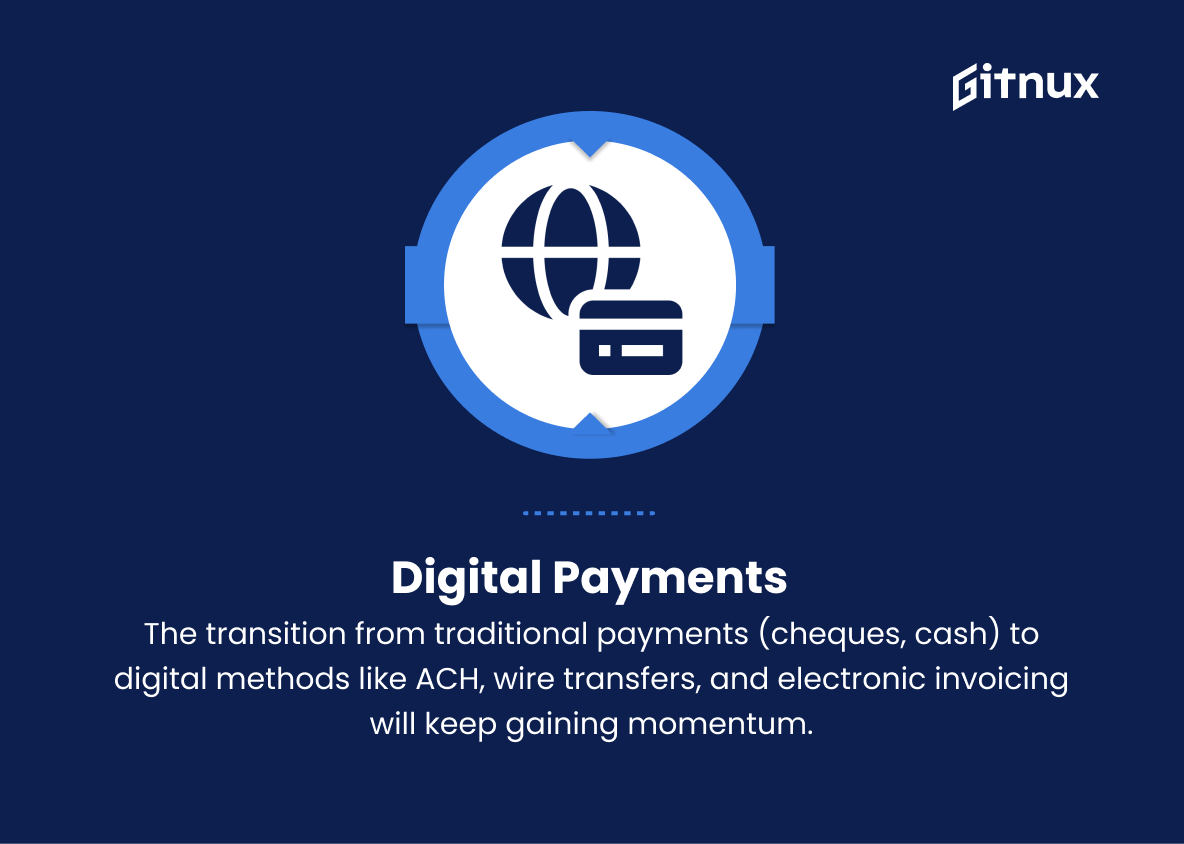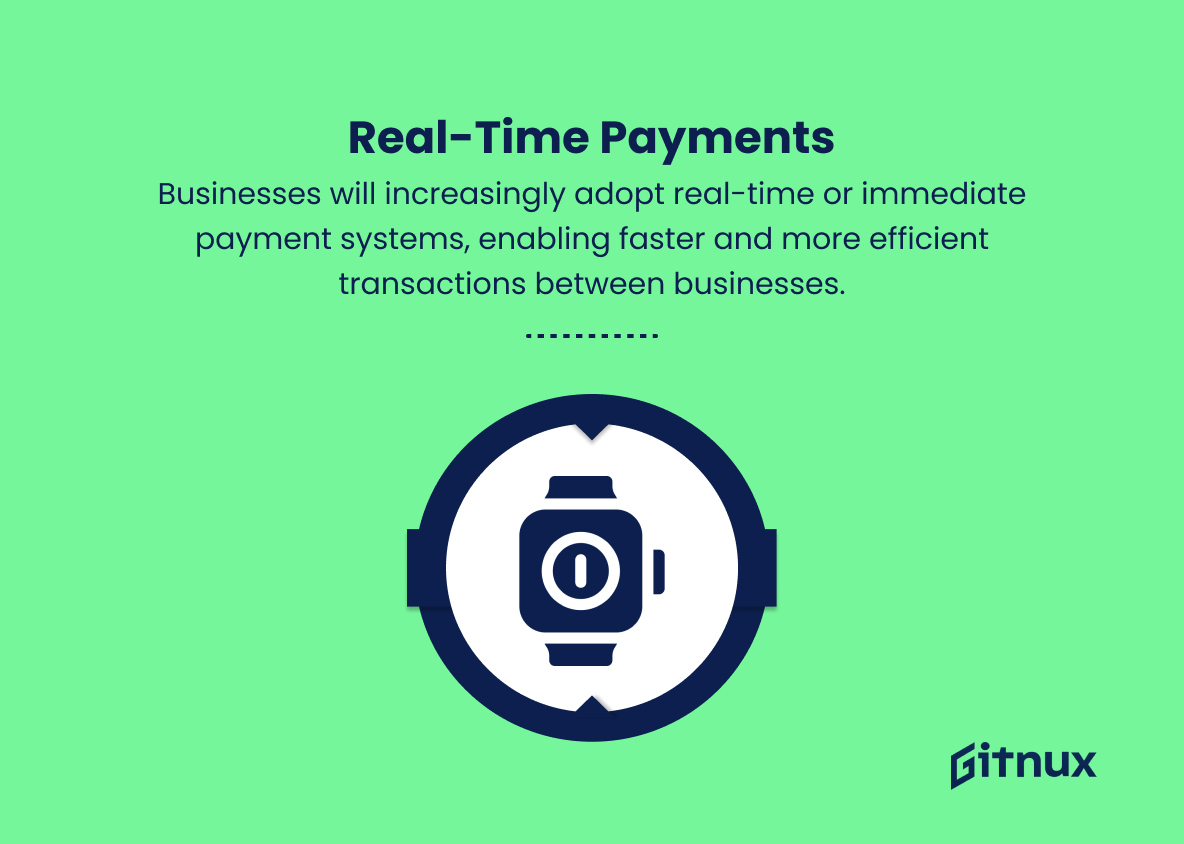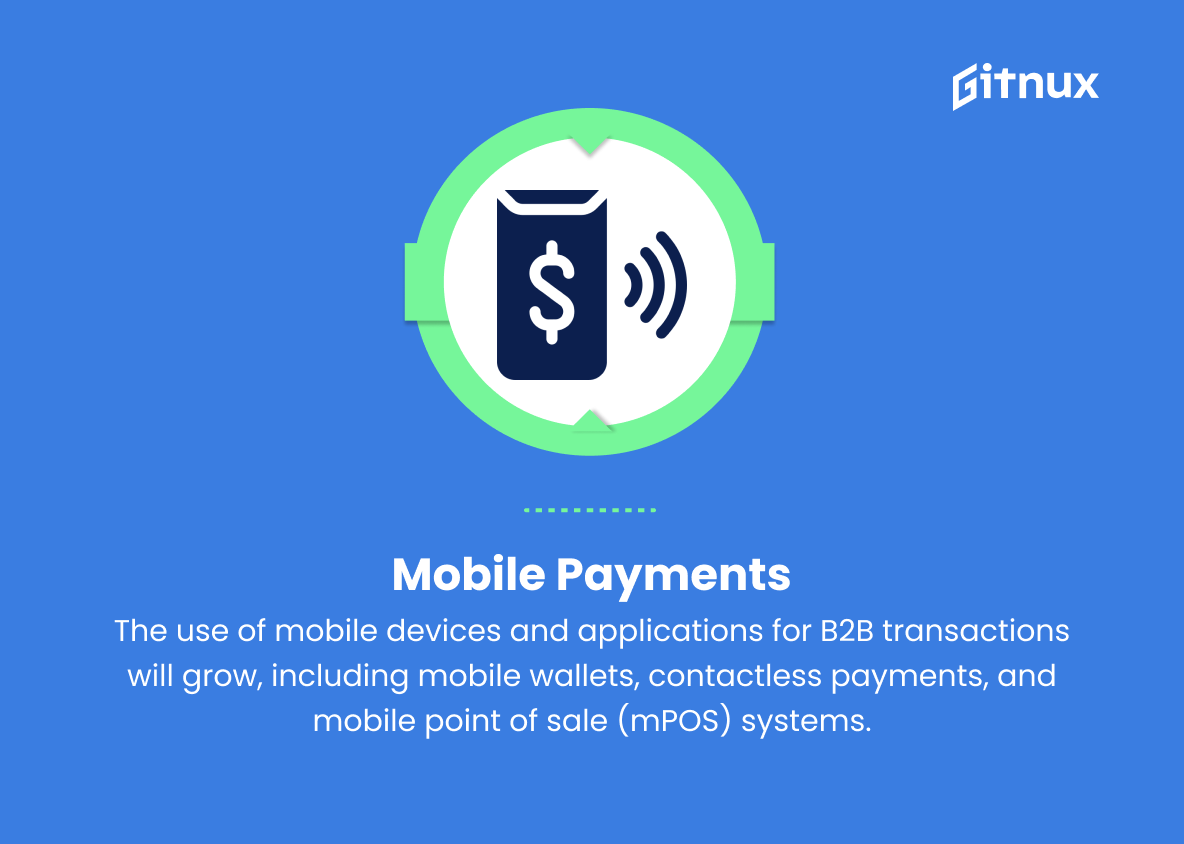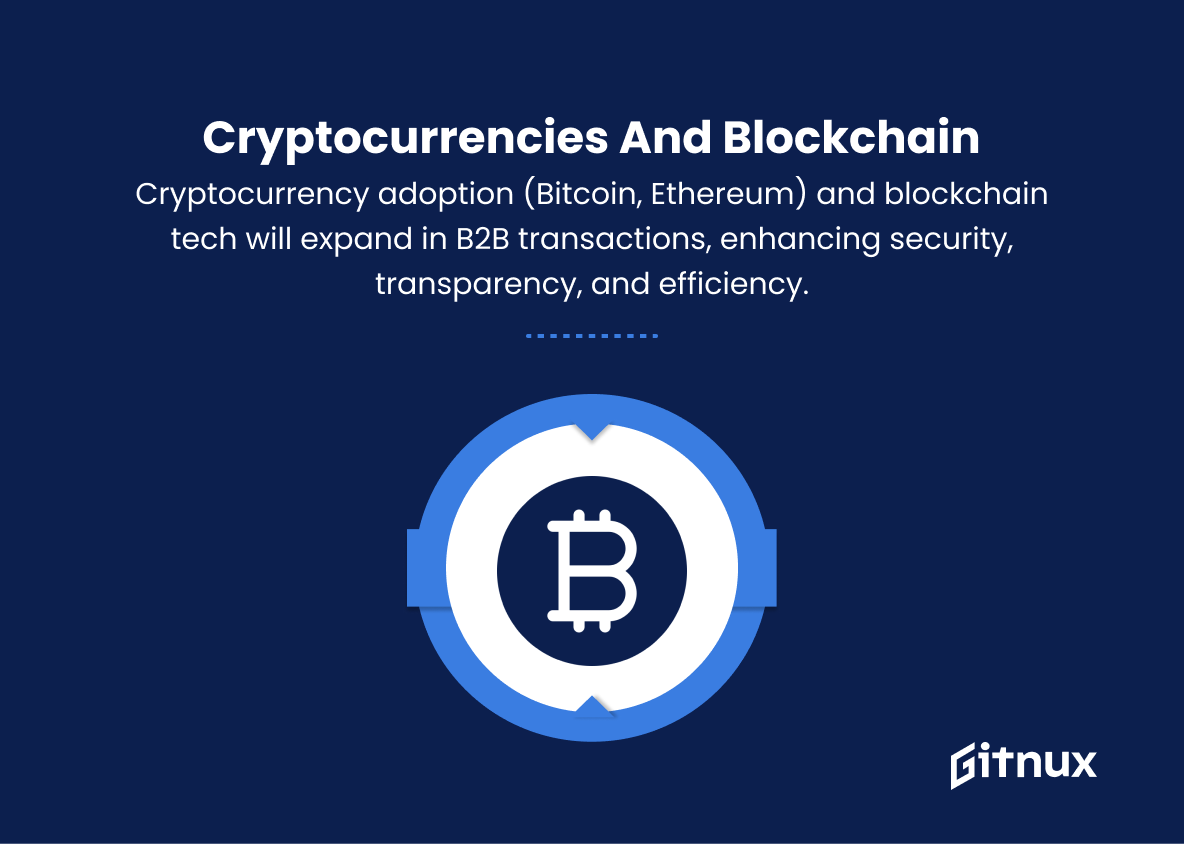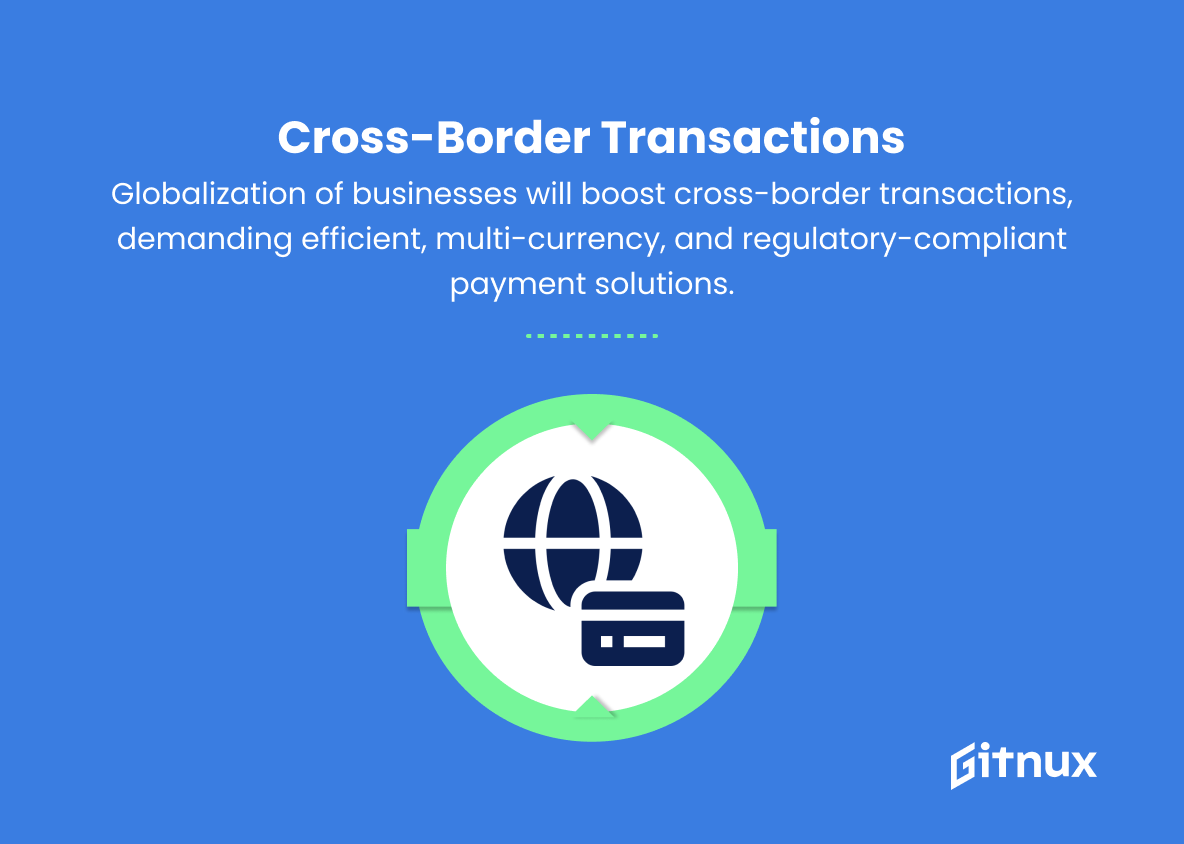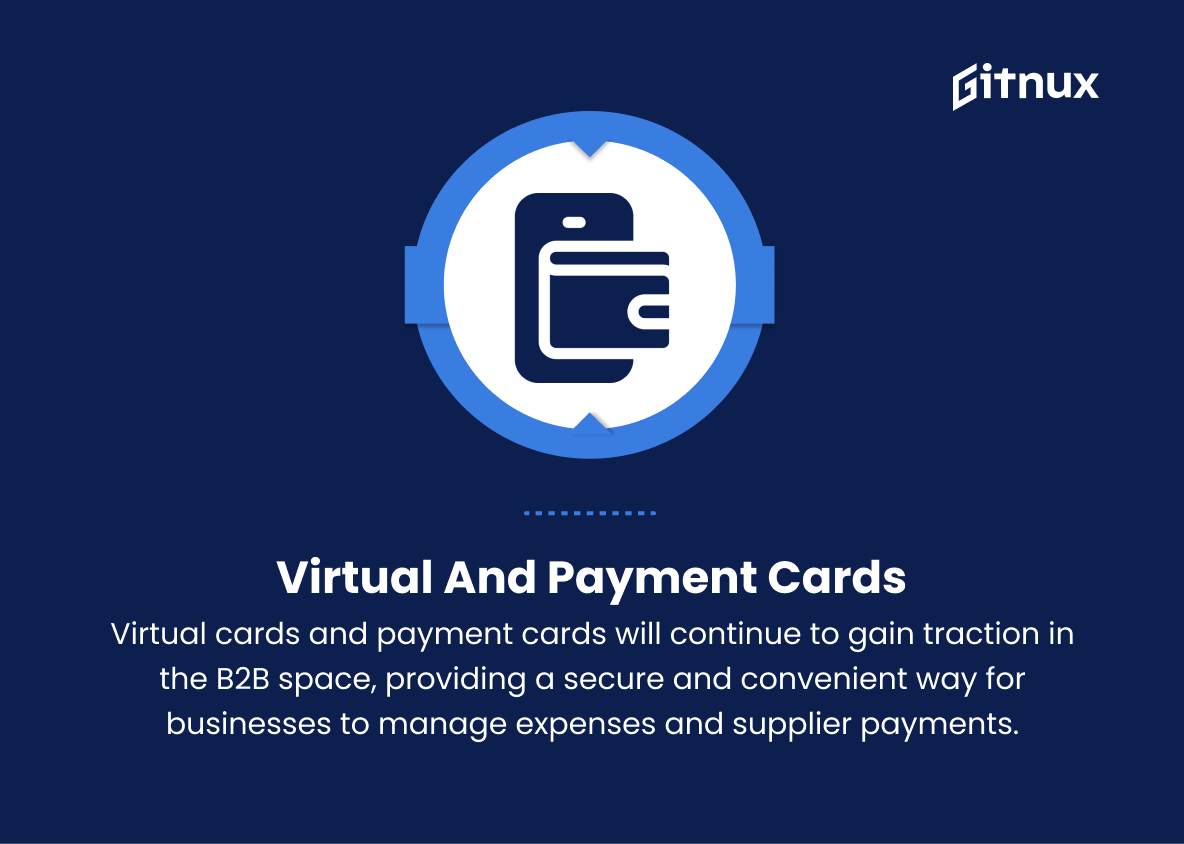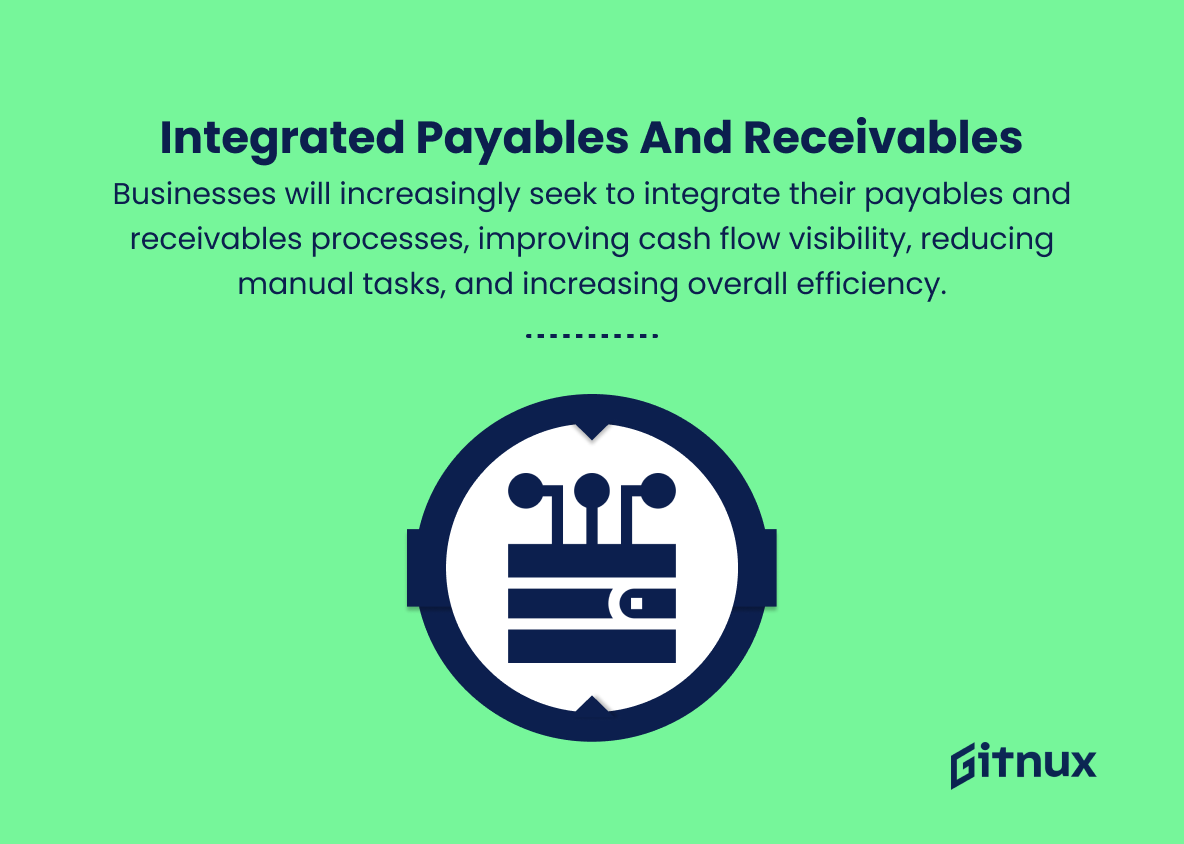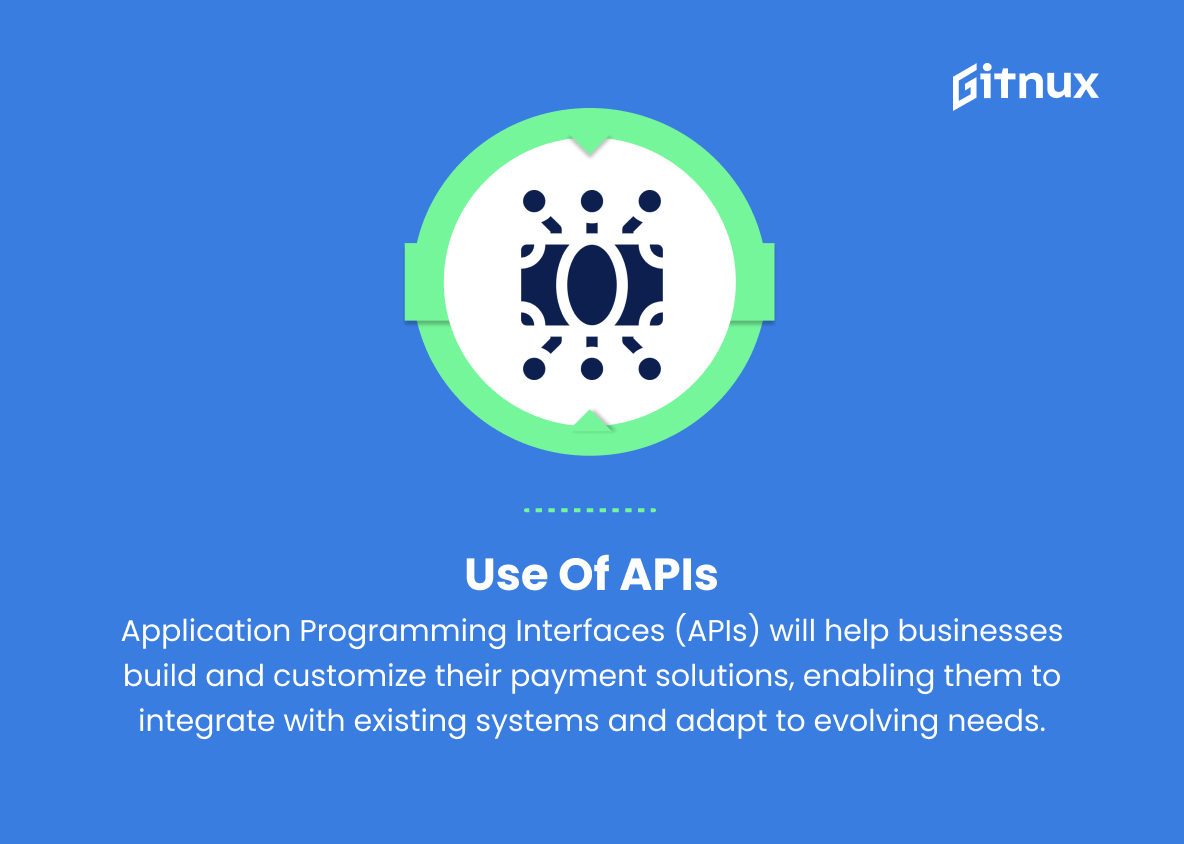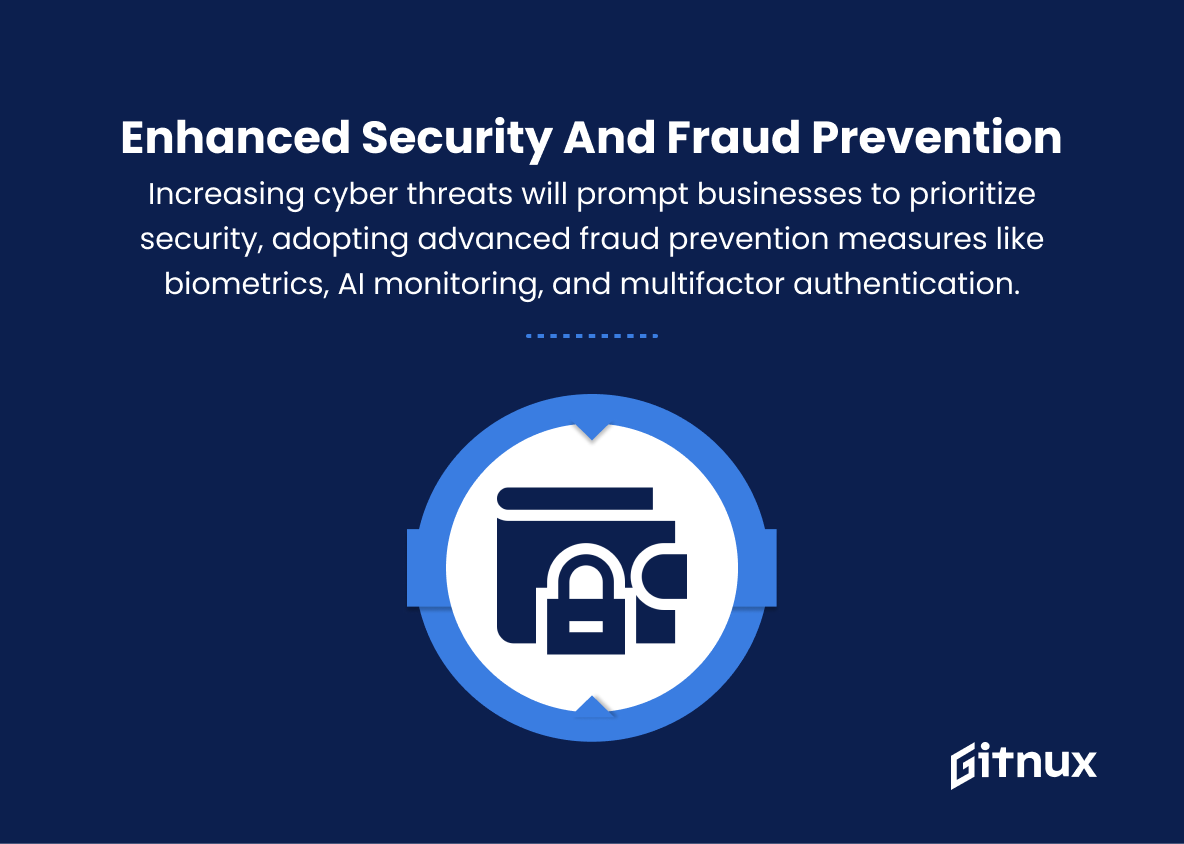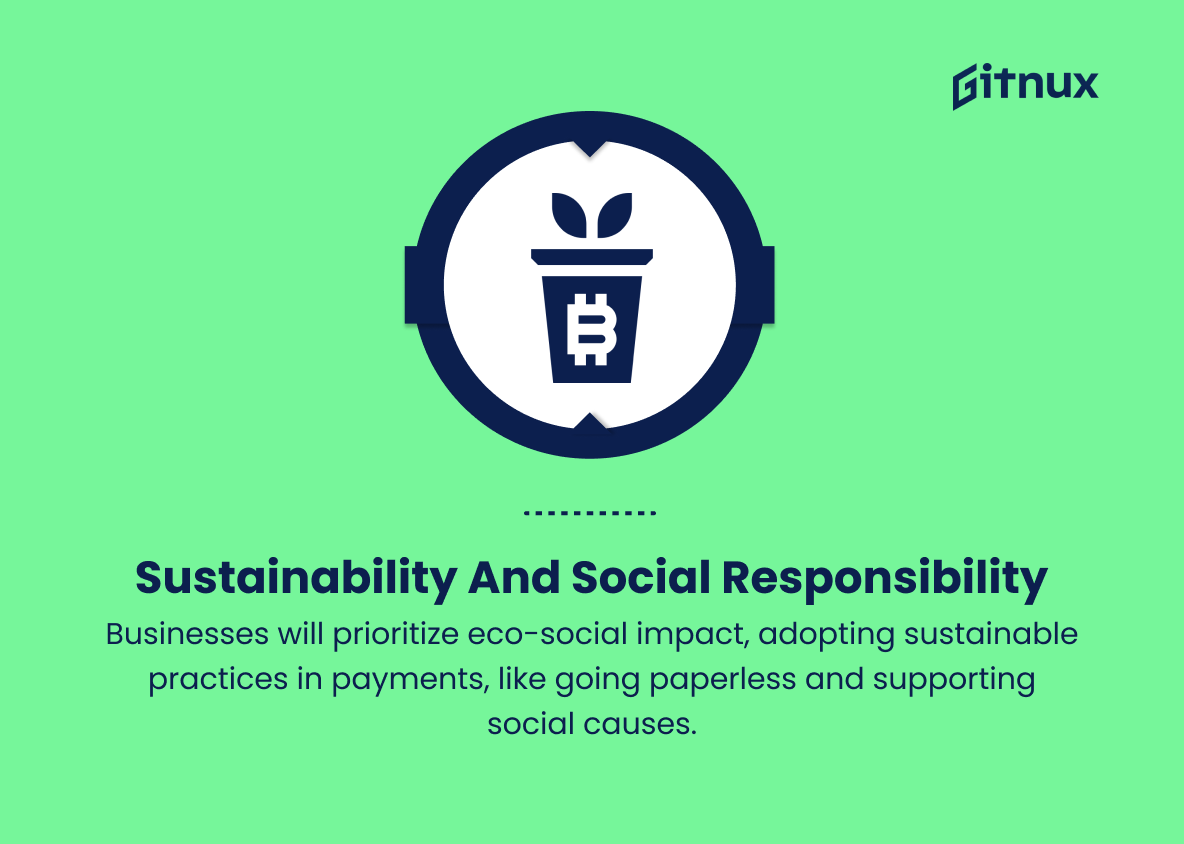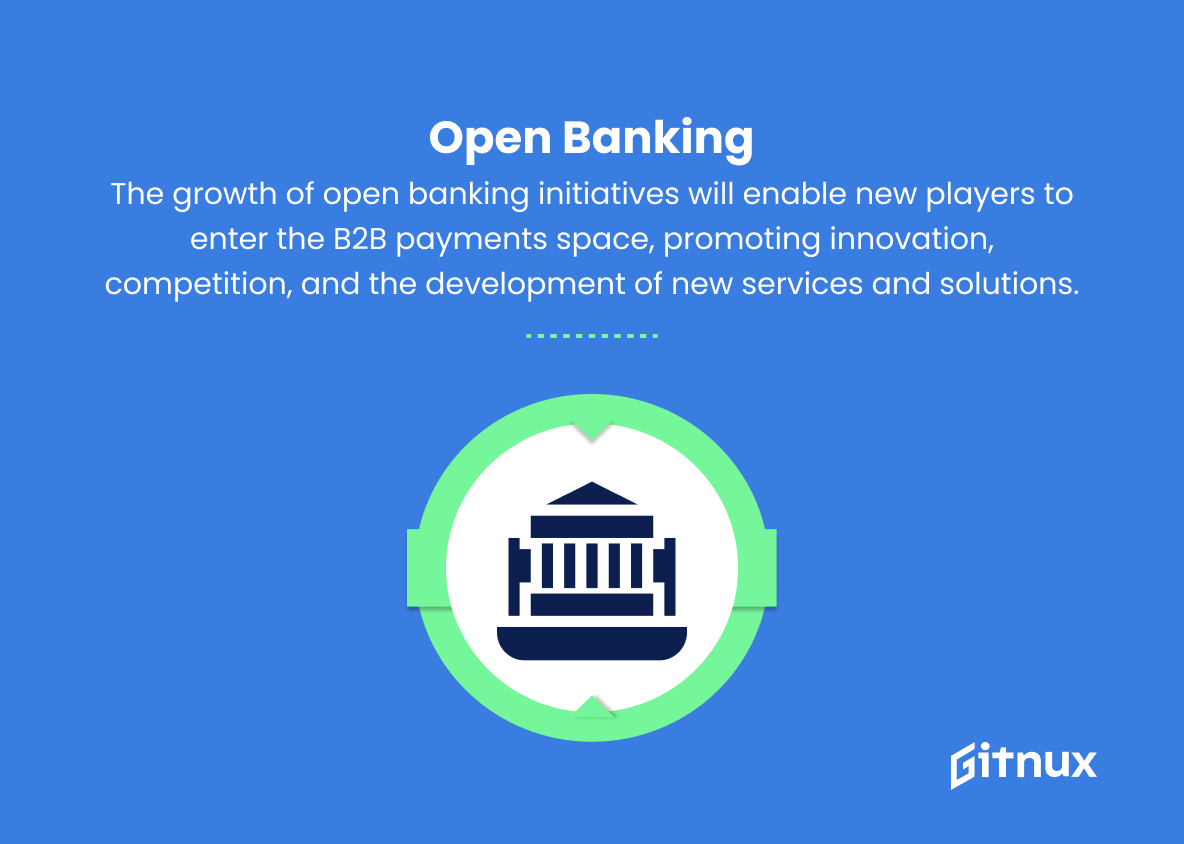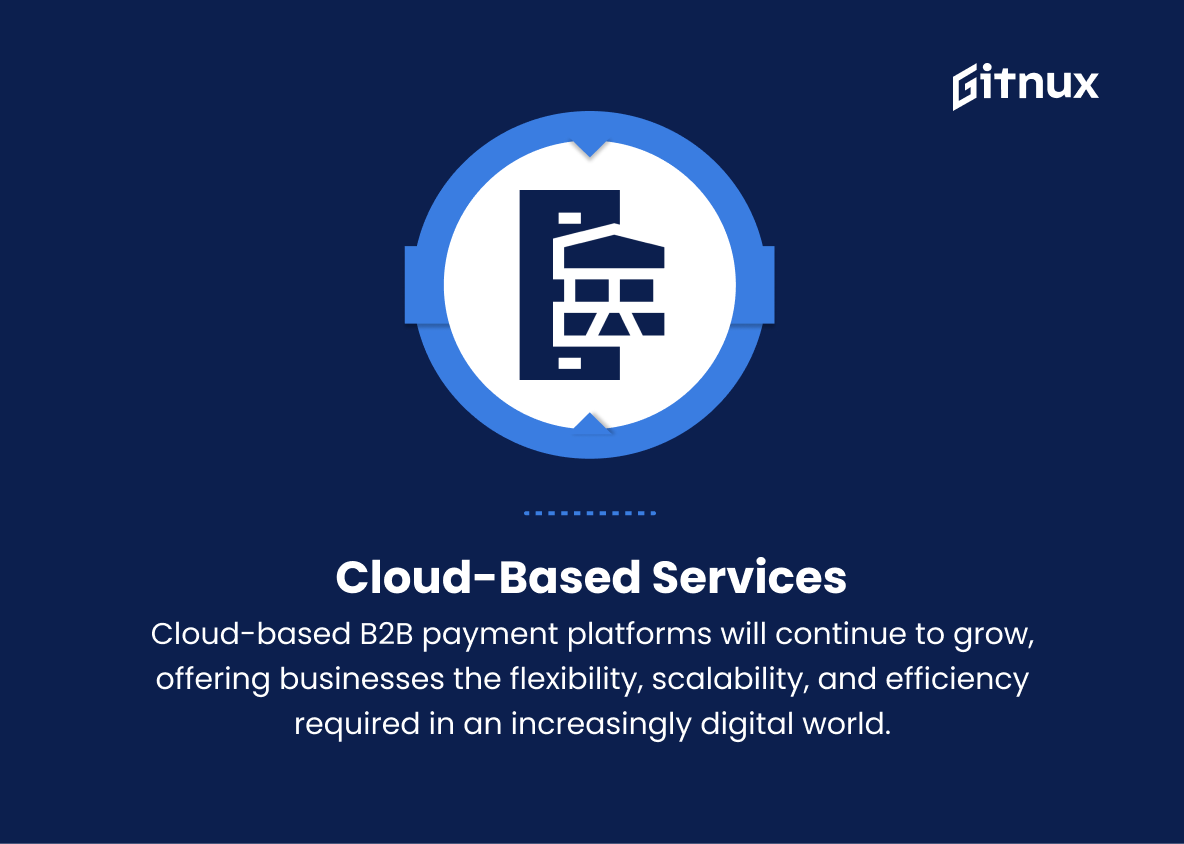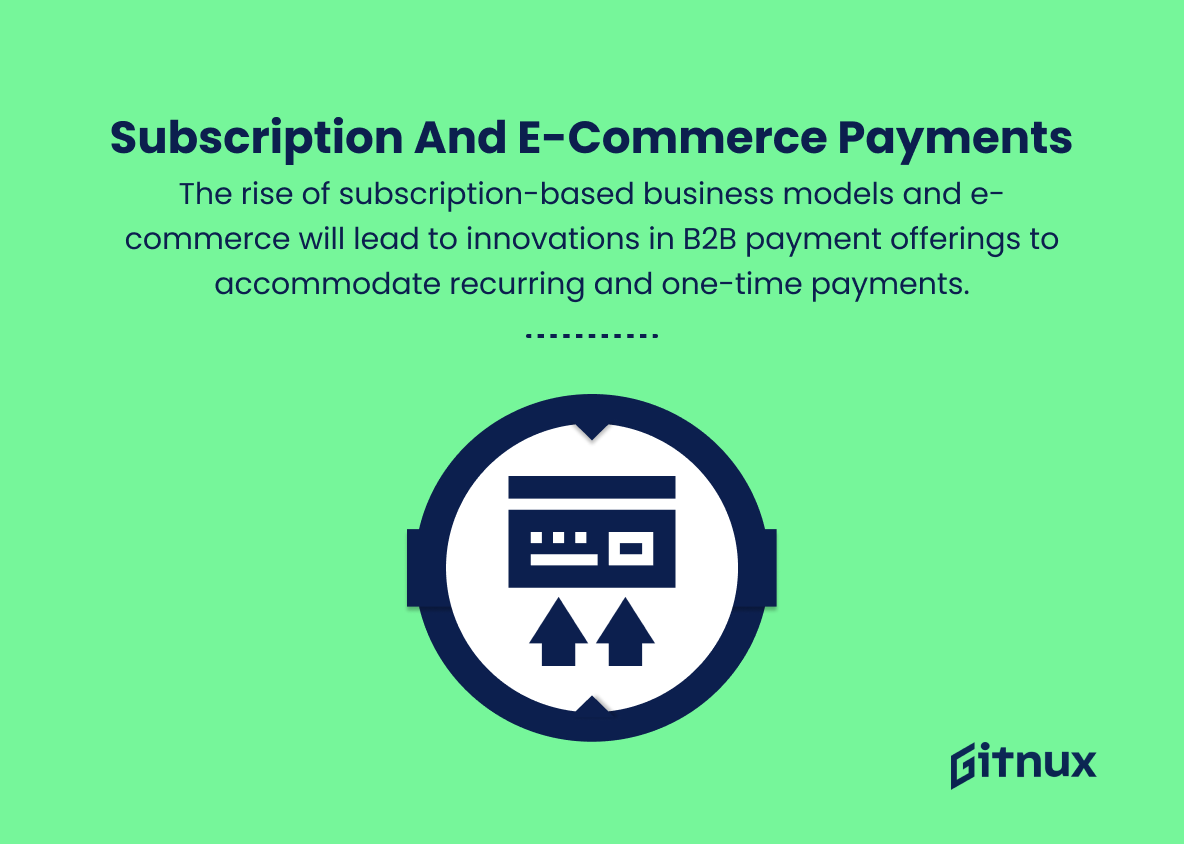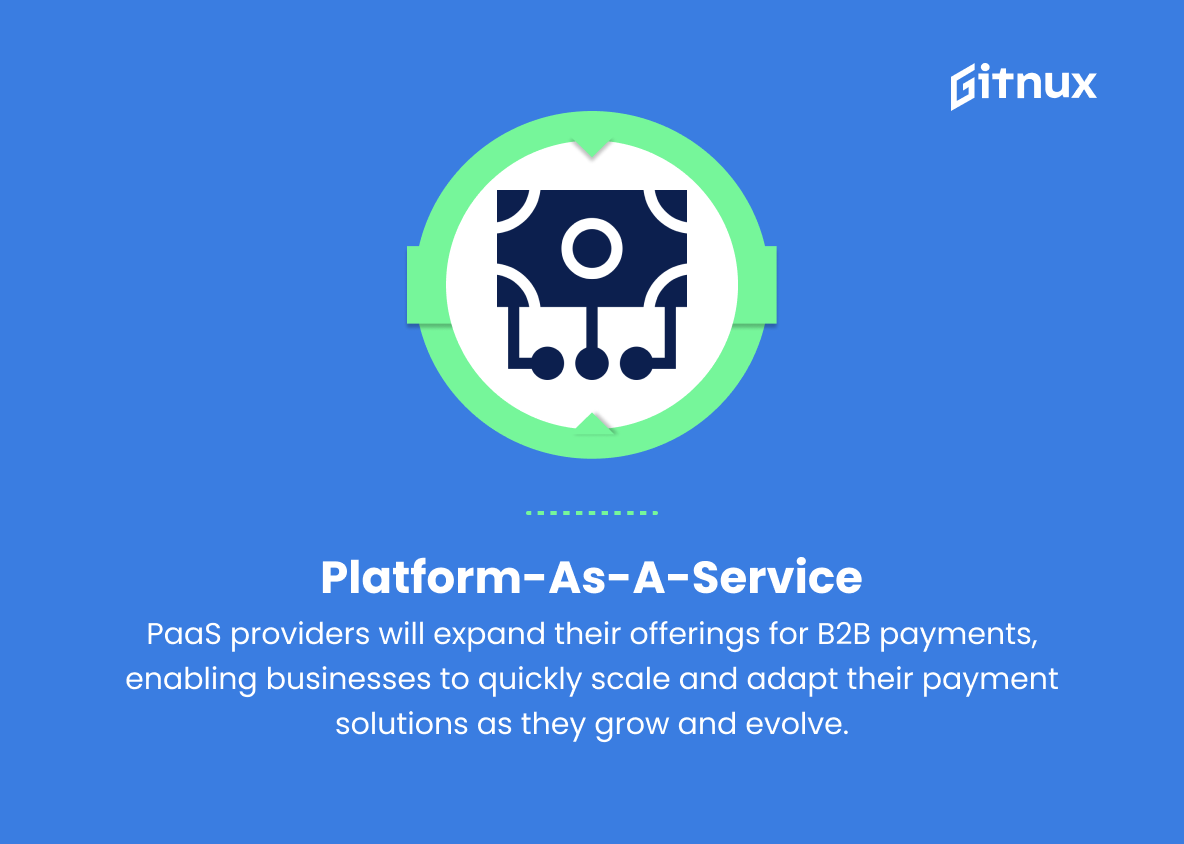The world of B2B payment processing is continually evolving, driven in part by advancements in technology, new industry regulations, and increasing demands from businesses for seamless and secure financial transactions. Staying up-to-date with these B2B payment trends is essential for businesses looking to optimize their payment systems, reduce costs, and enhance customer satisfaction.
In this blog post, we will delve into the latest developments in the B2B payments landscape, highlighting key trends, challenges, and opportunities that businesses should be aware of. By understanding these trends, decision-makers can make informed choices about their payment infrastructure, creating positive, long-lasting effects that permeate every level of their organization.
Top B2B Payment Trends
1. Digital Payments
The shift from traditional payment methods such as cheques and cash to digital payments, including ACH (Automated Clearing House), wire transfers, and electronic invoicing will continue to gain momentum.
2. Real-Time Payments
Businesses will increasingly adopt real-time or immediate payment systems, enabling faster and more efficient transactions between businesses.
3. Mobile Payments
The use of mobile devices and applications for B2B transactions will grow, including mobile wallets, contactless payments, and mobile point of sale (mPOS) systems.
4. Cryptocurrencies and Blockchain
The adoption of cryptocurrencies like Bitcoin and Ethereum, as well as blockchain technology, will become more widespread for B2B transactions, providing greater security, transparency, and efficiency
5. Artificial Intelligence (AI) and Machine Learning
The application of AI and machine learning will help streamline B2B payment processes by automating tasks, detecting fraud, and optimizing transaction routing.
6. Cross-border Transactions
The globalization of businesses will lead to an increase in cross-border transactions, driving the need for more efficient and cost-effective payment solutions that can handle multiple currencies and regulatory environments.
7. Virtual and Payment Cards
Virtual cards and payment cards will continue to gain traction in the B2B space, providing a secure and convenient way for businesses to manage expenses and supplier payments.
8. Integrated Payables and Receivables
Businesses will increasingly seek to integrate their payables and receivables processes, improving cash flow visibility, reducing manual tasks, and increasing overall efficiency.
9. Use of APIs
Application Programming Interfaces (APIs) will help businesses build and customize their payment solutions, enabling them to integrate with existing systems and adapt to evolving needs.
10. Enhanced Security and Fraud Prevention
The continued growth of cybercrime and the increasing sophistication of attackers will push businesses to prioritize security and adopt advanced fraud prevention systems like biometrics, AI-driven fraud monitoring, and multifactor authentication.
11. Sustainability and Social Responsibility
Businesses will increasingly consider the environmental and social impact of their payment processes and adopt sustainable practices, such as going paperless or supporting socially responsible causes through their transactions.
12. Open Banking
The growth of open banking initiatives will enable new players to enter the B2B payments space, promoting innovation, competition, and the development of new services and solutions.
13. Cloud-based Services
Cloud-based B2B payment platforms will continue to grow, offering businesses the flexibility, scalability, and efficiency required in an increasingly digital world.
14. Subscription and e-commerce payments
The rise of subscription-based business models and e-commerce will lead to innovations in B2B payment offerings to accommodate recurring and one-time payments.
15. Platform-as-a-Service (PaaS)
PaaS providers will expand their offerings for B2B payments, enabling businesses to quickly scale and adapt their payment solutions as they grow and evolve.
Implications
The growing shift towards digital payment methods in the B2B space will result in increased efficiency and security in payment processing, with the adoption of digital payments, real-time payment systems, and mobile payment technologies. The rise of cryptocurrencies and blockchain technology will lead to greater transparency in transactions, enhancing trust between businesses.
Artificial intelligence and machine learning will streamline B2B payment processes and improve fraud detection, while the globalization of business and the need to handle cross-border transactions will drive demand for flexible, cost-effective payment solutions. Virtual cards and integrated payables and receivables systems will further enhance payment processes and overall efficiency.
The application of APIs will allow businesses to build and customize payment solutions, adapting to rapidly changing needs. Enhanced security measures and a strong focus on sustainability and social responsibility will also become key components of B2B payment processing. Open banking initiatives will promote innovation and competition, creating new opportunities for businesses to leverage new services and solutions.
Cloud-based services will offer improved flexibility and scalability for B2B payment platforms, catering to the rise of subscription-based business models and e-commerce. Finally, a surge in Platform-as-a-Service (PaaS) offerings will enable businesses to quickly scale and adapt their payment solutions to accommodate their evolving needs in an ever-changing landscape.
These trends signify a rapidly progressing B2B payment environment that emphasizes security, efficiency, and adaptability.
Conclusion
In summary, the rapidly evolving B2B payment landscape is being shaped by various technological advancements, regulations, and customer preferences. It has become more important than ever for businesses to adopt secure, efficient, and cost-effective payment solutions to remain competitive and meet the diverse needs of their clients.
The emerging trends such as blockchain, faster payment options, digital wallet usage, integration of AI & machine learning, and a shift towards cashless transactions are all set to redefine the global B2B payment landscape for the years to come. By embracing these cutting-edge trends and strategically investing in the right payment infrastructure, businesses can streamline their payment processes, reduce operational costs, and ultimately drive growth and success in the increasingly demanding global market.
